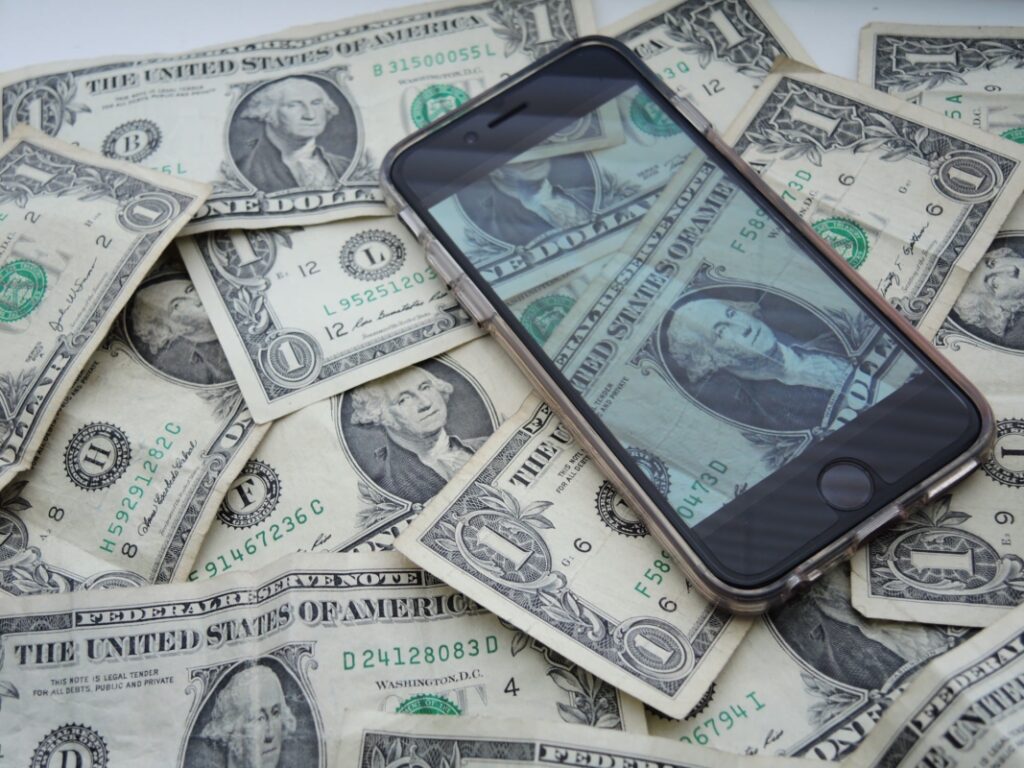
International money transfers have transformed with the advancement of technology and the progression of people moving abroad from continent to continent. As technology advances, we’ve become more connected than ever, making it easier to transfer money worldwide. The rise of digital payment platforms and mobile apps has further simplified the process, allowing users to send money quickly and securely. For those looking to navigate this evolving landscape, researching sending money internationally tips can help ensure that transactions are cost-effective and efficient. These insights often include comparing fees, understanding exchange rates, and choosing reliable service providers.
In this post, we’ll look at the history of money transfers from the ancient Hawala system to the rise of online money transfers through Remitly and other providers. Then, we’ll discuss how you can transfer money safely to your loves anywhere in the world.
A brief history of international money transfers
Money transfers date back to the concept of hawala, which emerged during the 8th century CE in South Asia. This payment method spread through the Middle East and parts of Africa, and people still use it today.
With a hawala system, one person pays an agent, who sends the money transfer through a network of hawala dealers made up of friends, family, or trusted acquaintances.
Hawala dealers may settle debts between parties with cash, property, or services. The very first systems of exchange often involved bartering goods or services rather than with currency, coins, or banknotes.
Hawala was adequate, but it moved slowly. As colonization and trade began to connect more and more of the world during the centuries that followed, people needed ways to send money quickly overseas.
The answer would arrive in 1851 with the founding of Western Union. It began as a telegraph service strictly for messaging but sent money transfers in 1871. In 1918, the Federal Reserve Banks followed their example and began moving currency via telegraph.
In the 1920s, a few department stores and oil companies offered a “courtesy card” — the world’s first credit card. You could only use these cards at the store where you got them, and you paid the balance in full each month.
This idea inspired other card programs in the U.S. and led to the launch of the first actual credit card, The Diner’s Club Card, in 1950.
Credit cards were a new credit-based system that allowed people to transfer money for goods and services without exchanging physical cash.
The formation of the Society for Worldwide Interbank Financial Telecommunications (SWIFT) in 1973 changed how the credit system worked. SWIFT quickly became a secure financial messaging system for banks, making it easier than ever to move money around the world.
The Internet brought new opportunities for electronic payments and international money transfers online.
In 1999, European banks began offering money transfers via cell phones, and numerous money transfer sites would come online in the years that followed.
Transferring money internationally between banks
Wire transfers are a popular way to move money internationally between banks. To move money, banks use a network like SWIFT.
International wire transfers require you to provide the recipient’s name, bank name, account number, the payment amount, and the currency for the payment. In addition, you need the bank’s bank identifier code (BIC). Some people refer to the BIC as the SWIFT code.
Most international wire transfers arrive one to five days after you initiate them. Depending on your bank, you may be able to request a SWIFT transfer by phone or online. Some financial institutions will require you to visit a branch office to send an international wire transfer.
With the SWIFT system, money often moves between multiple banks, and each one may charge you a wire transfer fee, plus maybe a currency conversion fee.
An international wire transfer is a one-time transaction. If you want to send money to the same person again, you must initiate a new wire transfer, even if the amounts are the same.
Transferring large sums of money internationally
In the U.S., laws don’t limit how much money you can send through an international wire transfer through SWIFT.
However, financial institutions may put caps on how much you can transfer at one time. Most banks will allow you to transfer $500,000 to $1 million or more at a time.
Contact your financial institution if you need to transfer a large sum of money internationally. They’ll tell you about daily limits and if there are additional international money transfer fees for sizable transactions.

Mobile and online international money transfers
Mobile and online international money transfers allow you to send money without making a traditional international wire transfer.
Online and mobile international money transfers offer a few benefits, including:
- Cost: Fees for online and mobile transfers tend to be much lower, making it more affordable to send money to family and friends.
- Safety: Most websites and apps use two-factor authentication to guard against fraud. You may need to enter a code sent to you via text message, enter a pin, scan your fingerprint, or submit a photo for your face ID.
- Speed: Wire transfers can take days, but online and mobile transfers often arrive within minutes or the same day.
- Simplicity: With mobile and online transfers, you don’t have to visit a bank or even talk to someone to send money internationally. You can initiate a transfer at any time of day, wherever you are.
- Accessibility: To send an international mobile or online money transfer, you only need to access the Internet with a computer or mobile device. Many services don’t require the recipient to have a bank account, which allows anyone to still receive money from friends and family.
International money transfers through Remitly
Remitly simplifies international money transfers. Download the app, and you can get started quickly.
You’ll initiate the money transfer with your credit card, debit card, or bank account information. Then, Remitly sends money through the mobile money provider that you specified.
To receive money, all your loved one needs is an account with one of our mobile money partners. There are more than 80 to choose from, so you can send money anywhere in the world.
We offer competitive rates and no hidden fees. Plus, we guarantee that your payments will arrive on time. If they don’t, we’ll refund your fees.
How to send money internationally with a credit card
Typically, banks won’t allow you to initiate wire transfers with a credit card. They’ll generally only initiate wire transfers when you have the funds available in a checking or savings account with them.
Some online and mobile money transfer services will allow you to fund a transfer with your credit card. At Remitly, we accept major credit cards, debit cards, and bank routing and account numbers.
Although credit cards can make transferring money convenient, they can add additional costs to the process. You may have to pay the mobile transfer service a higher fee when you use your card.
Additionally, your credit card company will charge you interest on the amount transferred if you don’t pay the balance off in full within 30 days.

Top tips for transferring money internationally
To transfer money internationally like a pro, keep the following information in mind.
1. Protect yourself from scams.
Scammers often take advantage of the simplicity of online and mobile money transfers to try to steal money from unsuspecting people. Never send money to someone you don’t know or whose identity you can’t verify.
Be suspicious of strangers asking you to send money to claim an inheritance, lottery winnings, or a cash prize.
Also, use caution when someone asks you to pay a tax bill or fees for a loan through a money transfer service.
2. Double-check the information.
Before you hit send, double-check that you’ve entered all the necessary information correctly. Errors could result in delays or your money going to the wrong place.
3. Communicate with the recipient.
Let the person who’ll be receiving the money know that it’s on the way. Remind them to bring identification if they need to go somewhere to pick up the money.
4. Keep your account safe.
When setting up a password for a money transfer app or online account, choose something unique and challenging to guess. Never share your password with anyone, and protect your phone with a passcode, PIN, fingerprint scan, or face identification.
Change your password every two to three months.
5. Choose a service that prioritizes customer service.
You may never have a question or issue when using international money transfer services, but it’s nice to know that you can get help if you ever need it.
Remitly can assist you via online chat in English, French, and Spanish, or by phone in English and Spanish 24 hours a day, seven days a week. Plus, our easy-to-use help center has answers to common questions in 15 languages. We’re here to help make sending money internationally as simple and safe as possible.
